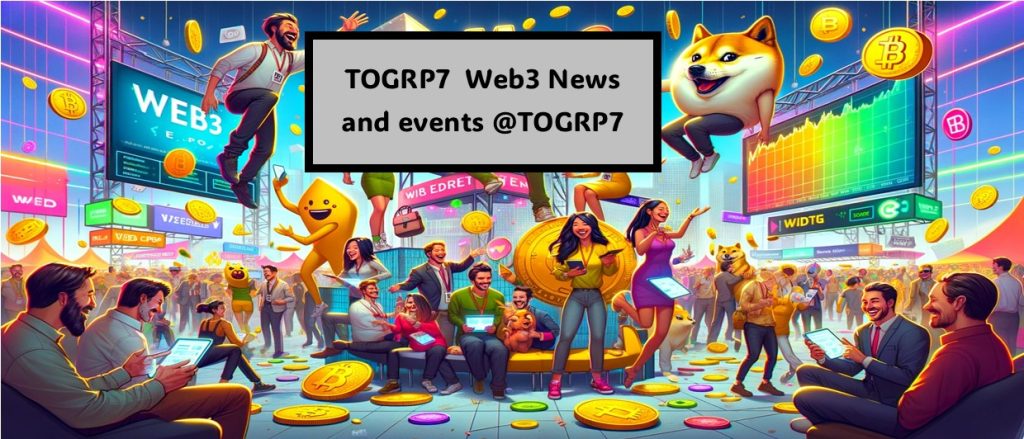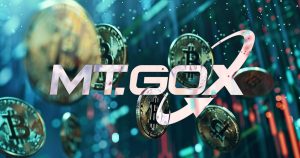OpenAI Counters Elon Musk’s Lawsuit: Tech Mogul Predicted Their Failure

In a dramatic twist to the ongoing legal battle between OpenAI and Elon Musk, OpenAI has launched a counter-argument against Musk’s lawsuit, revealing that the tech mogul had previously predicted their failure. This revelation adds a new layer to the complex legal and public relations skirmish, highlighting the intricate relationship between one of the world’s most influential entrepreneurs and a leading AI research organization. Let’s delve into the details of OpenAI’s response, the implications of Musk’s predictions, and what this means for the future of AI development and entrepreneurship.
The Genesis of the Dispute
Musk’s Lawsuit Against OpenAI
Elon Musk, co-founder of OpenAI and a pivotal figure in the tech industry, initiated a lawsuit against OpenAI, alleging breach of contract and other unspecified grievances. The lawsuit marked a significant rift between Musk and the AI research entity he helped establish, raising questions about the nature of their disagreement and the potential impact on the AI landscape.
OpenAI’s Counter-Argument
In response, OpenAI has not only defended itself against Musk’s allegations but also brought to light Musk’s prior pessimistic forecasts about the organization’s success. This counter-move by OpenAI suggests a complex interplay of expectations, disappointments, and legal strategies that both parties are navigating.
Unpacking Musk’s Predictions
The Nature of Musk’s Predictions
Specific details about Musk’s predictions regarding OpenAI’s failure have not been disclosed, adding an element of mystery and speculation to the ongoing legal battle. These predictions could range from concerns about technological hurdles, ethical dilemmas, financial sustainability, or competitive pressures within the rapidly evolving AI sector.
Implications for OpenAI
Revealing Musk’s predictions serves multiple purposes for OpenAI. It not only aims to challenge the credibility of Musk’s lawsuit but also positions OpenAI as an entity that has surpassed its co-founder’s expectations, thereby reinforcing its stature and resilience in the AI domain.
The Broader Impact on AI Development and Entrepreneurship
Insights into AI Innovation Challenges
This legal confrontation sheds light on the inherent challenges of pioneering AI innovation, including the balancing act between ambitious technological advancements and ethical considerations, financial viability, and the management of stakeholder expectations.
Entrepreneurial Dynamics in High-Tech Ventures
The clash between Musk and OpenAI underscores the dynamic and sometimes contentious relationships that can emerge in high-tech ventures, especially when they involve groundbreaking technologies and high-profile personalities with strong visions and convictions.
Future of AI Research and Development
Despite the legal entanglements, the dispute highlights the continued importance and contentious nature of AI research and development. It emphasizes the need for robust dialogue, clear ethical guidelines, and sustainable business models to guide the future of AI innovation.
Looking Ahead: Navigating the Legal and Ethical AI Landscape
Legal Precedents and Ethical Considerations
The outcome of this legal battle could set important precedents for how disagreements and ethical concerns related to AI development are addressed in the future, influencing policy, governance, and collaboration in the tech industry.
Strengthening AI Governance and Accountability
As AI technologies become increasingly integral to society, the need for transparent governance structures, accountability mechanisms, and ethical frameworks becomes paramount. The Musk-OpenAI saga reinforces the urgency of establishing these systems to ensure AI’s beneficial and equitable development.
Conclusion
The legal standoff between Elon Musk and OpenAI, highlighted by Musk’s earlier predictions of failure, encapsulates the complex challenges and dynamics at the intersection of AI innovation and entrepreneurship. As the case unfolds, it will undoubtedly offer valuable lessons for the tech industry, underscoring the importance of ethical considerations, stakeholder management, and the pursuit of sustainable and responsible AI development.
FAQs
- What is the basis of Elon Musk’s lawsuit against OpenAI? The specifics of Musk’s lawsuit against OpenAI have not been fully disclosed but involve allegations of breach of contract and other grievances.
- Why is OpenAI’s revelation of Musk’s predictions significant? By revealing Musk’s negative predictions, OpenAI aims to challenge the credibility of his lawsuit and showcase its resilience and success beyond its co-founder’s expectations.
- What does this legal battle reveal about AI innovation? The dispute highlights the complexities of AI innovation, including ethical dilemmas, technological challenges, and the management of stakeholder expectations.
- How might this affect the future of AI development? The outcome of this legal confrontation could influence future AI governance, ethical standards, and the entrepreneurial dynamics within high-tech ventures.
- Why is governance and accountability important in AI? As AI technologies increasingly impact society, transparent governance, ethical frameworks, and accountability mechanisms are crucial to ensure their responsible and beneficial development.





